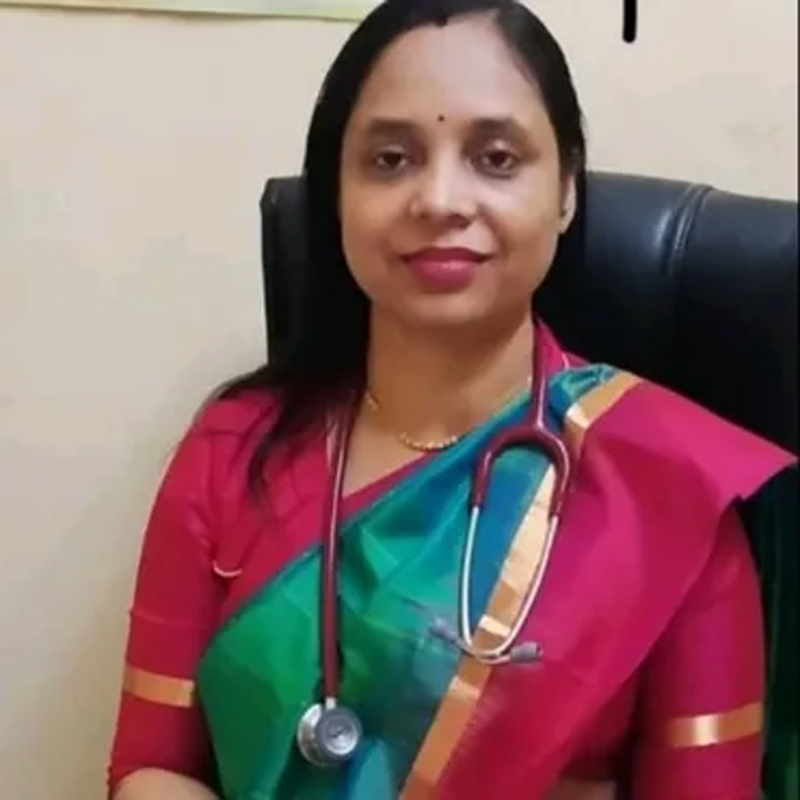
ADOLESCENT GYNAECOLOGY
Adolescent gynecology focuses on the reproductive health of young people, typically those aged 11 to 19. This branch of gynecology addresses the unique physical, emotional, and social aspects of sexual and reproductive health during adolescence. Here are key components and considerations in adolescent gynecology:
Download DocsUnderstanding Puberty
- Physical Changes: Puberty involves significant physical changes, including breast development, menstruation, and the growth of body hair. Understanding these changes can help adolescents cope with their new bodies.
- Menstrual Health: Educating adolescents about menstrual cycles, including what is normal and when to seek help for issues like irregular periods, heavy bleeding, or severe pain, is crucial.
Sexual Health Education
- Contraception and Family Planning: Providing information about various contraceptive methods, their effectiveness, and how to access them is vital. Discussing emergency contraception is also important.
- STI Prevention: Education on sexually transmitted infections (STIs), including prevention strategies like condom use, is essential. Regular STI screenings may be recommended for sexually active adolescents.
- Healthy Relationships: Teaching about consent, healthy relationships, and communication can empower adolescents to make informed choices about their sexual health.
Regular Check-ups
- Initial Gynecological Visit: The American College of Obstetricians and Gynecologists (ACOG) recommends that adolescents have their first gynecological visit between ages 13 and 15. This visit can include discussions about development, menstruation, and any concerns.
- Annual Exams: Regular check-ups allow for ongoing health assessments, education, and support. Pelvic exams may not be necessary unless there are specific concerns.
Mental Health and Emotional Well-being
- Body Image Issues: Adolescents may struggle with body image and self-esteem, especially during puberty. Counseling or support groups can be helpful.
- Stress and Anxiety: Adolescence can be a stressful time. Mental health support should be readily available to address issues like anxiety, depression, and emotional distress.
Management of Gynecological Disorders
- Menstrual Disorders: Conditions like polycystic ovary syndrome (PCOS) and dysmenorrhea (painful periods) should be evaluated and managed appropriately.
- Sexual Dysfunction: If adolescents experience pain during intercourse or other sexual health concerns, they should feel comfortable discussing these issues with a healthcare provider.
Vaccinations
- HPV Vaccine: The human papillomavirus (HPV) vaccine is recommended for preteens and adolescents to protect against certain cancers. It’s important to educate about the vaccine's safety and effectiveness.
